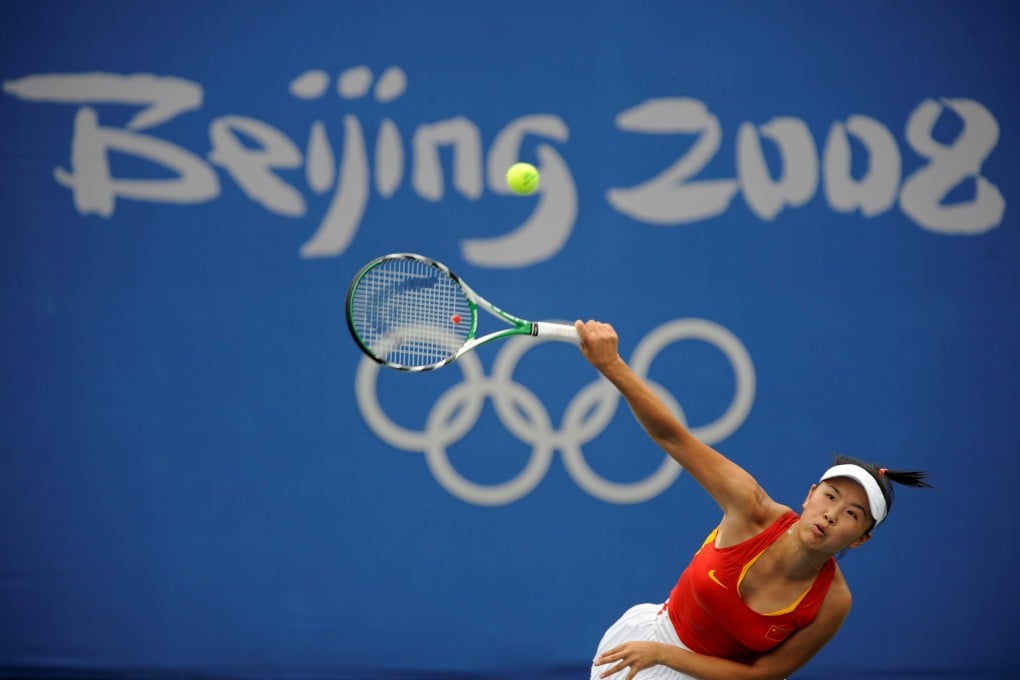Advertisement
Europe hesitant over calls to boycott Beijing Winter Olympics
- Scrutiny of the 2022 Games has ratcheted up in line with the global outcry over China’s treatment of Peng Shuai, a three-time Olympian
- Incoming German foreign minister Annalena Baerbock is the latest senior figure to float the idea, but governments and the EU are reluctant to commit
Reading Time:3 minutes
Why you can trust SCMP
99+

Two months from the start of the Beijing Winter Olympics, European leaders, under intense pressure from rights groups and hardliners, are tiptoeing round the idea of a diplomatic boycott.
Scrutiny of the Games has ratcheted up in line with the global outcry over China’s treatment of Peng Shuai, a three-time Olympian who in November accused a former high-ranking Chinese official of pressuring her into sex.
Peng’s case has become an explosive worldwide story, forcing China’s human rights record into the spotlight.
Advertisement
Activists and politicians have been calling for a boycott over China’s treatment of Xijiang’s Uygurs and Hong Kong, and have used Peng’s case to renew their efforts.
It has also opened a debate over China’s relationship with the sporting world following the decision by the Women’s Tennis Association to pull future tournaments in China and identify former vice-premier Zhang Gaoli as the official accused by Peng.
Some campaigners have urged Western governments to consider a diplomatic boycott, which would see competitors travel to Beijing, but diplomats, heads of state and government officials would decline invitations to attend.
Advertisement
Select Voice
Choose your listening speed
Get through articles 2x faster
1.25x
250 WPM
Slow
Average
Fast
1.25x
